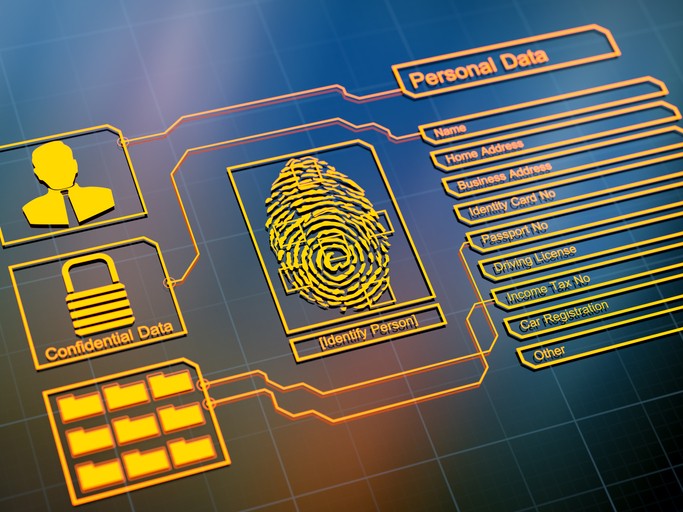This year augmented reality and Artificial Intelligence are creating new ways for us to interact with ourselves but the main concern that will affect us is the control of our likeness as our data is more intertwined with our daily common lives as Virtual reality can create a digital version of ourselves Artificial Intelligence can be ourselves and copy our moves, speech, and actions. This brings the question of how we can be protected from someone using our likeness in this AI world. The answer may be in the blockchain.
In today’s increasingly digital world, the need for secure and efficient identity verification processes has never been more critical. Traditional identity verification methods often involve cumbersome and centralized systems that can be vulnerable to security breaches and privacy concerns. Enter blockchain technology, a revolutionary innovation that promises to transform how we manage and protect our digital identities. In this article, we will explore the concept of digital identity via blockchain, its potential benefits, and the challenges it faces.
Understanding Digital Identity
Digital identity refers to the collection of personal information and attributes associated with an individual in the digital realm. This information can include everything from your name, address, and date of birth to more complex data such as biometric features (e.g., fingerprints or facial recognition) and online behavior patterns.
The Challenge with Traditional Identity Verification
Traditional methods of identity verification often rely on centralized databases, which are susceptible to hacking and data breaches. These breaches can lead to identity theft, financial fraud, and privacy violations. Furthermore, individuals have limited control over their own data and are forced to trust third parties with their sensitive information.
Blockchain Technology: The Game Changer
Blockchain technology, most commonly known for its association with cryptocurrencies like Bitcoin, offers a decentralized and highly secure solution to the challenges of digital identity verification. Here’s how it works:
Decentralization: Unlike centralized databases, blockchain operates on a decentralized network of computers (nodes). This means that there is no single point of failure, making it extremely difficult for malicious actors to compromise the system.
Immutable Records: Once data is recorded on a blockchain, it becomes virtually impossible to alter or delete. This immutability ensures the integrity of identity records.
User Control: With blockchain-based digital identity systems, individuals have greater control over their own data. They can choose what information to share, with whom, and for how long.
Privacy: Blockchain can facilitate “zero-knowledge proofs” and other cryptographic techniques that allow for the verification of information without revealing the actual data itself, preserving user privacy.
Interoperability: Blockchain can enable cross-organization and cross-border identity verification, reducing redundancy and improving efficiency.
Benefits of Blockchain-Based Digital Identity
Security: Blockchain’s decentralized and cryptographic nature makes it extremely secure against data breaches and cyberattacks.
Privacy: Users have greater control over their personal information, reducing the risk of data misuse.
Efficiency: Identity verification processes can be streamlined, reducing the time and resources required for authentication.
Inclusivity: Blockchain can provide identity services to underserved and unbanked populations, improving financial inclusion.
Reduced Fraud: The immutability of blockchain records makes it difficult for fraudsters to impersonate others.
Challenges and Considerations
While blockchain-based digital identity holds enormous promise, it also faces several challenges:
Regulatory Frameworks: Developing a regulatory framework that ensures both security and privacy while adhering to legal requirements is essential.
Scalability: As blockchain networks grow, scalability becomes a concern. High transaction costs and slow confirmation times must be addressed.
User Adoption: Convincing individuals and organizations to adopt blockchain-based identity solutions may be a slow process, as it requires a shift away from traditional methods.
Identity Recovery: Solutions for recovering lost or stolen digital identities must be robust.
Blockchain technology can potentially revolutionize how we manage and protect our digital identities. It offers enhanced security, privacy, and user control while reducing the risk of identity theft and fraud. However, its widespread adoption will depend on addressing regulatory challenges, improving scalability, and educating users and organizations about its benefits. As we move further into the digital age, blockchain-based digital identity solutions could become the gold standard for secure and efficient identity verification.





Leave a Reply